SAPA TAKES EFFECT
입력 2022.01.27 (15:19)
수정 2022.01.27 (16:46)
읽어주기 기능은 크롬기반의
브라우저에서만 사용하실 수 있습니다.
[Anchor Lead]
The Serious Accident Punishment Act has taken effect in Korea. It's expected to bring profound change in terms of workplace safety. The construction sector, notorious for fatal industrial accidents, is especially on alert. On the first day of the law's implementation half of the nation's top-ten construction companies were off.
[Pkg]
The Serious Accident Punishment Act has taken effect, one year after its enactment. It applies to all work sites with 50 or more workers as well as construction sites carrying out projects worth more than 5 billion won. The biggest change under the new law is that in the case of an accident, those in charge can be held liable. For businesses this implies CEOs; for the public sector, it's ministers or heads of local governments. These senior positions must fulfill two kinds of responsibilities to prevent serious workplace accidents. First, they must investigate workplaces and analyze accidents that happened in the past to identify risk factors in advance. Following the analysis, they must invest money and personnel to eliminate those risk factors. Those who are found to have applied insufficient effort to reduce work hazards will be punished by law.
[Soundbite] An Kyung-duk(Minister of Labor(Jan. 24)) : "Those who neglect or condone work hazards will be held responsible for serious accidents."
Punishment for fatal industrial accidents is a prison term of at least one year or a fine of up to one billion won. What's especially noteworthy is that the new law stipulates a minimum prison term, not the maximum. If those responsible are found to have committed deliberate or grave mistakes, they must pay up to five times in punitive compensation. The construction sector is particularly on high alert. About half of the reported fatal accidents occur on construction sites. The first violator of the law will inevitably receive a lot of public attention and undergo a grueling investigation. Half of the nation's top-ten construction companies were off on the first day of the law's implementation.The Labor Ministry will provide consulting to some 3,500 SMEs that may experience difficulties in devising safety measures on their own.
The Serious Accident Punishment Act has taken effect in Korea. It's expected to bring profound change in terms of workplace safety. The construction sector, notorious for fatal industrial accidents, is especially on alert. On the first day of the law's implementation half of the nation's top-ten construction companies were off.
[Pkg]
The Serious Accident Punishment Act has taken effect, one year after its enactment. It applies to all work sites with 50 or more workers as well as construction sites carrying out projects worth more than 5 billion won. The biggest change under the new law is that in the case of an accident, those in charge can be held liable. For businesses this implies CEOs; for the public sector, it's ministers or heads of local governments. These senior positions must fulfill two kinds of responsibilities to prevent serious workplace accidents. First, they must investigate workplaces and analyze accidents that happened in the past to identify risk factors in advance. Following the analysis, they must invest money and personnel to eliminate those risk factors. Those who are found to have applied insufficient effort to reduce work hazards will be punished by law.
[Soundbite] An Kyung-duk(Minister of Labor(Jan. 24)) : "Those who neglect or condone work hazards will be held responsible for serious accidents."
Punishment for fatal industrial accidents is a prison term of at least one year or a fine of up to one billion won. What's especially noteworthy is that the new law stipulates a minimum prison term, not the maximum. If those responsible are found to have committed deliberate or grave mistakes, they must pay up to five times in punitive compensation. The construction sector is particularly on high alert. About half of the reported fatal accidents occur on construction sites. The first violator of the law will inevitably receive a lot of public attention and undergo a grueling investigation. Half of the nation's top-ten construction companies were off on the first day of the law's implementation.The Labor Ministry will provide consulting to some 3,500 SMEs that may experience difficulties in devising safety measures on their own.
■ 제보하기
▷ 카카오톡 : 'KBS제보' 검색, 채널 추가
▷ 전화 : 02-781-1234, 4444
▷ 이메일 : kbs1234@kbs.co.kr
▷ 유튜브, 네이버, 카카오에서도 KBS뉴스를 구독해주세요!
- SAPA TAKES EFFECT
-
- 입력 2022-01-27 15:19:53
- 수정2022-01-27 16:46:07
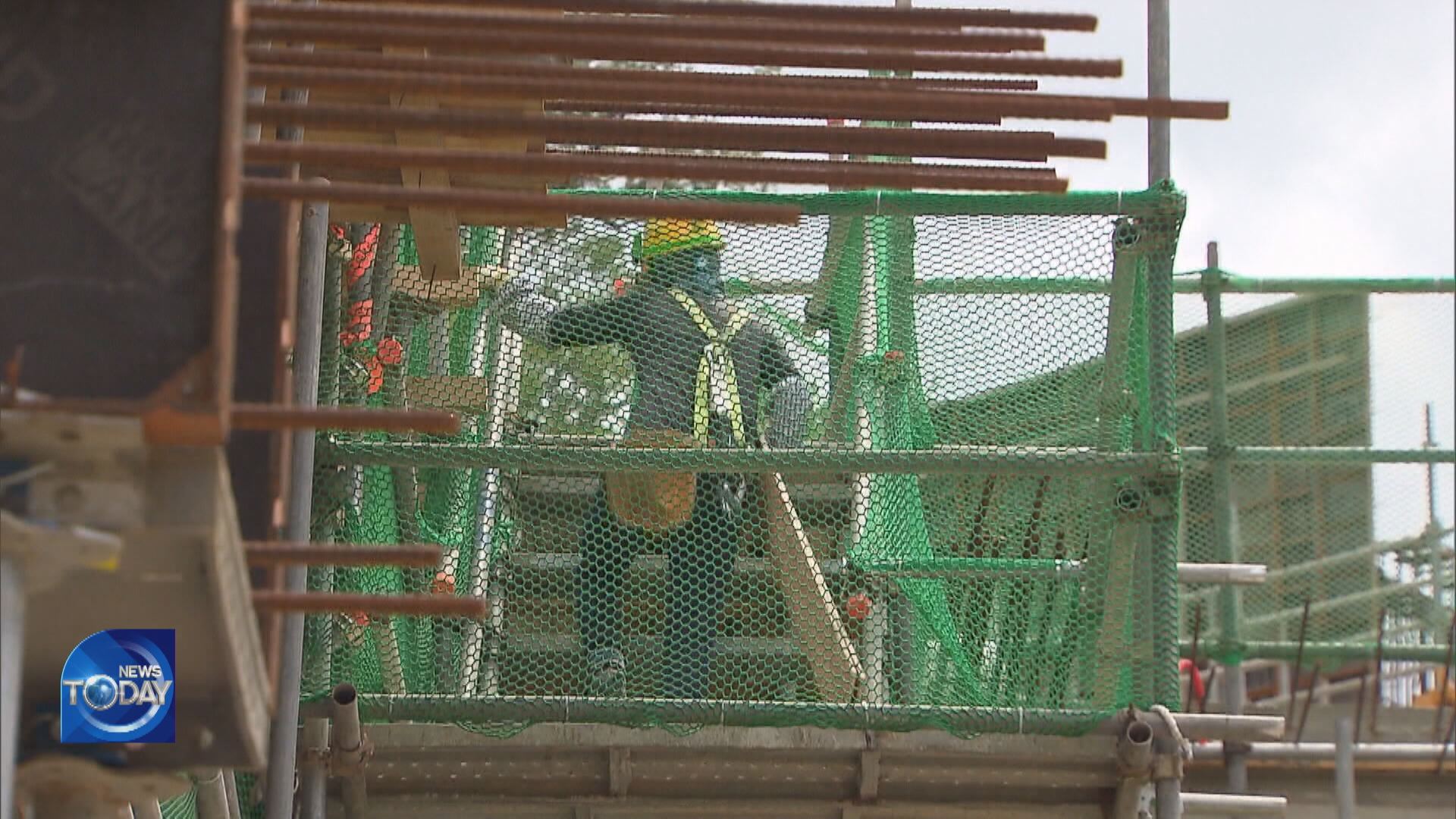
[Anchor Lead]
The Serious Accident Punishment Act has taken effect in Korea. It's expected to bring profound change in terms of workplace safety. The construction sector, notorious for fatal industrial accidents, is especially on alert. On the first day of the law's implementation half of the nation's top-ten construction companies were off.
[Pkg]
The Serious Accident Punishment Act has taken effect, one year after its enactment. It applies to all work sites with 50 or more workers as well as construction sites carrying out projects worth more than 5 billion won. The biggest change under the new law is that in the case of an accident, those in charge can be held liable. For businesses this implies CEOs; for the public sector, it's ministers or heads of local governments. These senior positions must fulfill two kinds of responsibilities to prevent serious workplace accidents. First, they must investigate workplaces and analyze accidents that happened in the past to identify risk factors in advance. Following the analysis, they must invest money and personnel to eliminate those risk factors. Those who are found to have applied insufficient effort to reduce work hazards will be punished by law.
[Soundbite] An Kyung-duk(Minister of Labor(Jan. 24)) : "Those who neglect or condone work hazards will be held responsible for serious accidents."
Punishment for fatal industrial accidents is a prison term of at least one year or a fine of up to one billion won. What's especially noteworthy is that the new law stipulates a minimum prison term, not the maximum. If those responsible are found to have committed deliberate or grave mistakes, they must pay up to five times in punitive compensation. The construction sector is particularly on high alert. About half of the reported fatal accidents occur on construction sites. The first violator of the law will inevitably receive a lot of public attention and undergo a grueling investigation. Half of the nation's top-ten construction companies were off on the first day of the law's implementation.The Labor Ministry will provide consulting to some 3,500 SMEs that may experience difficulties in devising safety measures on their own.
The Serious Accident Punishment Act has taken effect in Korea. It's expected to bring profound change in terms of workplace safety. The construction sector, notorious for fatal industrial accidents, is especially on alert. On the first day of the law's implementation half of the nation's top-ten construction companies were off.
[Pkg]
The Serious Accident Punishment Act has taken effect, one year after its enactment. It applies to all work sites with 50 or more workers as well as construction sites carrying out projects worth more than 5 billion won. The biggest change under the new law is that in the case of an accident, those in charge can be held liable. For businesses this implies CEOs; for the public sector, it's ministers or heads of local governments. These senior positions must fulfill two kinds of responsibilities to prevent serious workplace accidents. First, they must investigate workplaces and analyze accidents that happened in the past to identify risk factors in advance. Following the analysis, they must invest money and personnel to eliminate those risk factors. Those who are found to have applied insufficient effort to reduce work hazards will be punished by law.
[Soundbite] An Kyung-duk(Minister of Labor(Jan. 24)) : "Those who neglect or condone work hazards will be held responsible for serious accidents."
Punishment for fatal industrial accidents is a prison term of at least one year or a fine of up to one billion won. What's especially noteworthy is that the new law stipulates a minimum prison term, not the maximum. If those responsible are found to have committed deliberate or grave mistakes, they must pay up to five times in punitive compensation. The construction sector is particularly on high alert. About half of the reported fatal accidents occur on construction sites. The first violator of the law will inevitably receive a lot of public attention and undergo a grueling investigation. Half of the nation's top-ten construction companies were off on the first day of the law's implementation.The Labor Ministry will provide consulting to some 3,500 SMEs that may experience difficulties in devising safety measures on their own.
이 기사가 좋으셨다면
-
좋아요
0
-
응원해요
0
-
후속 원해요
0










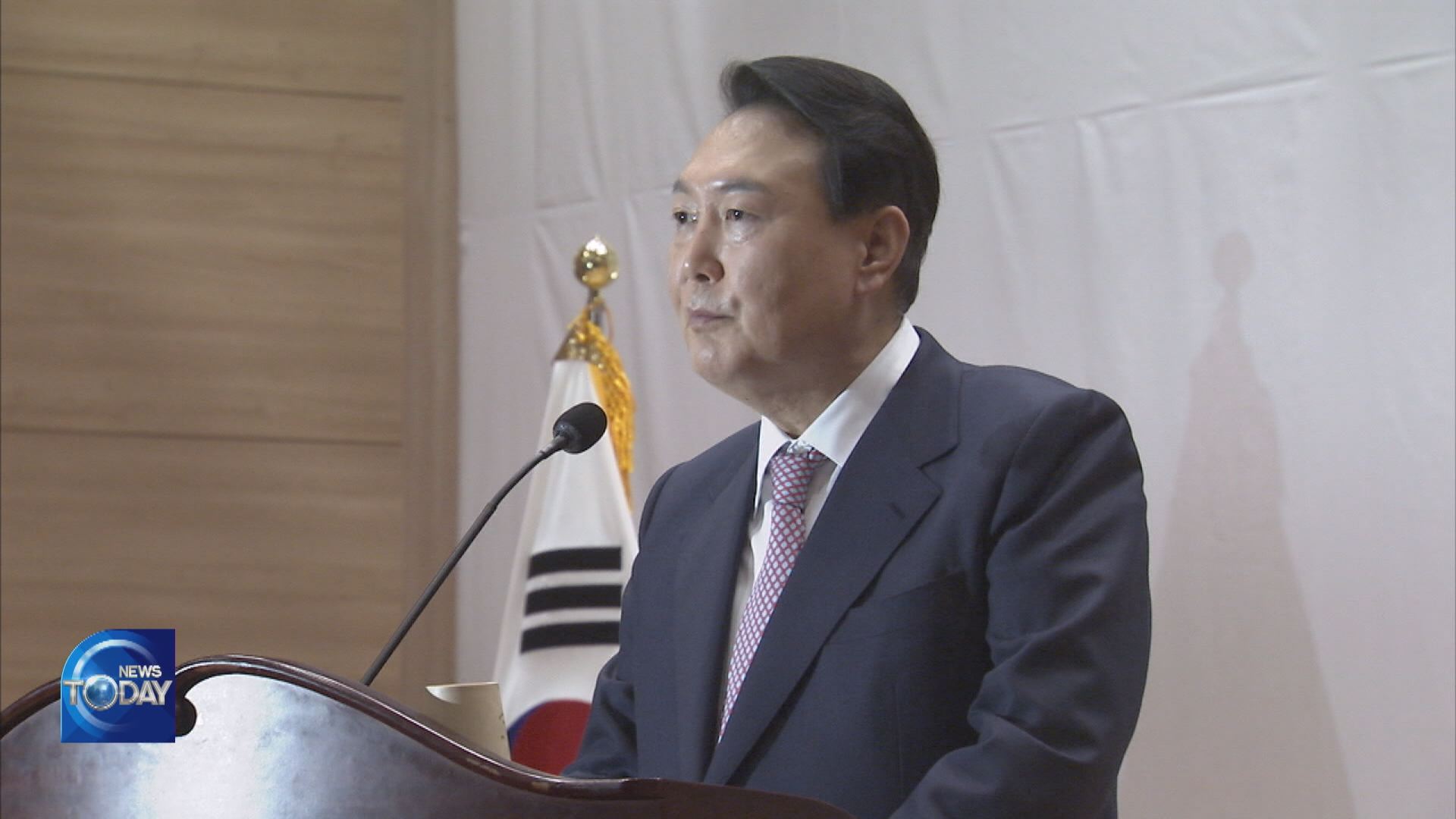
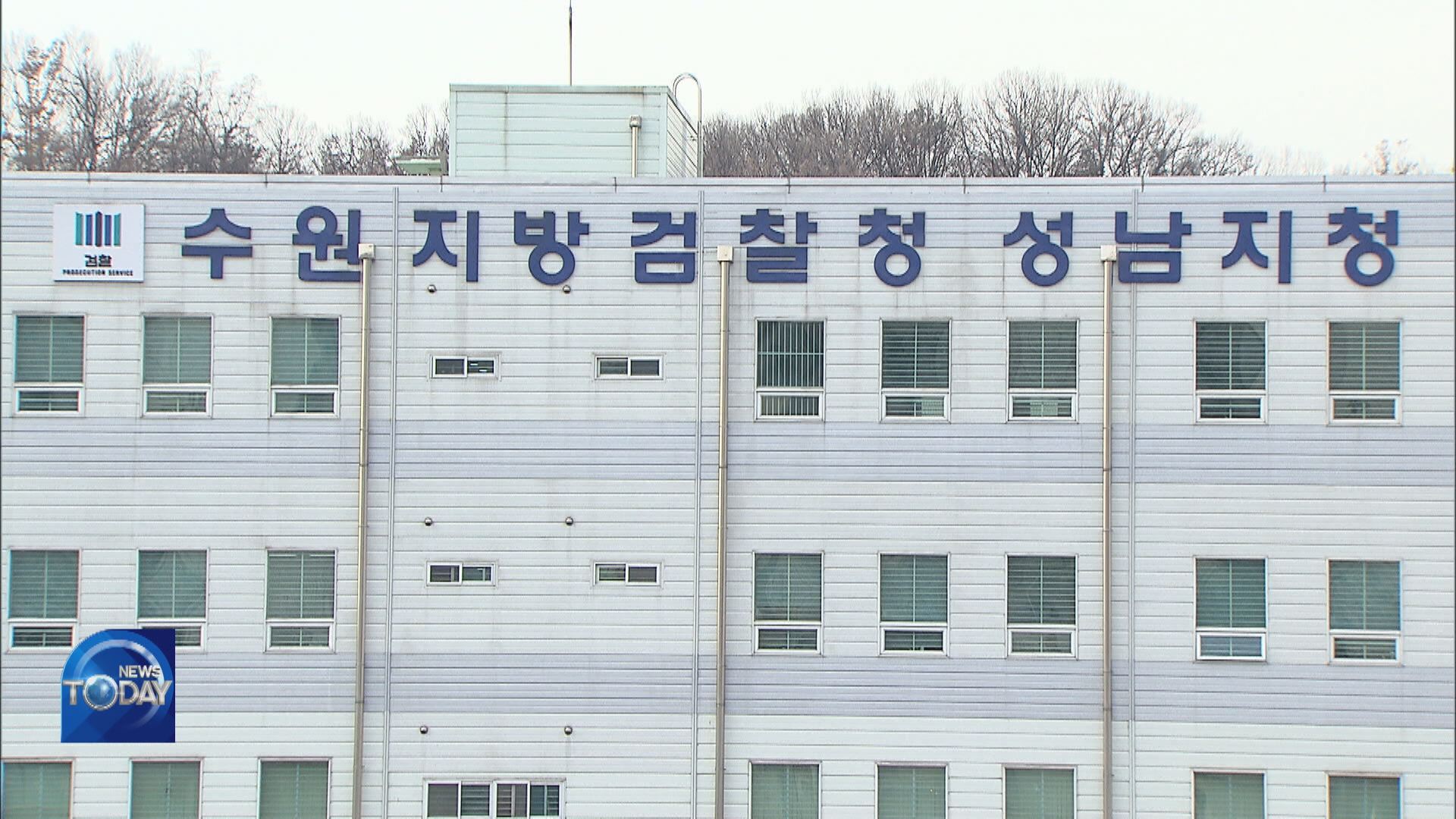
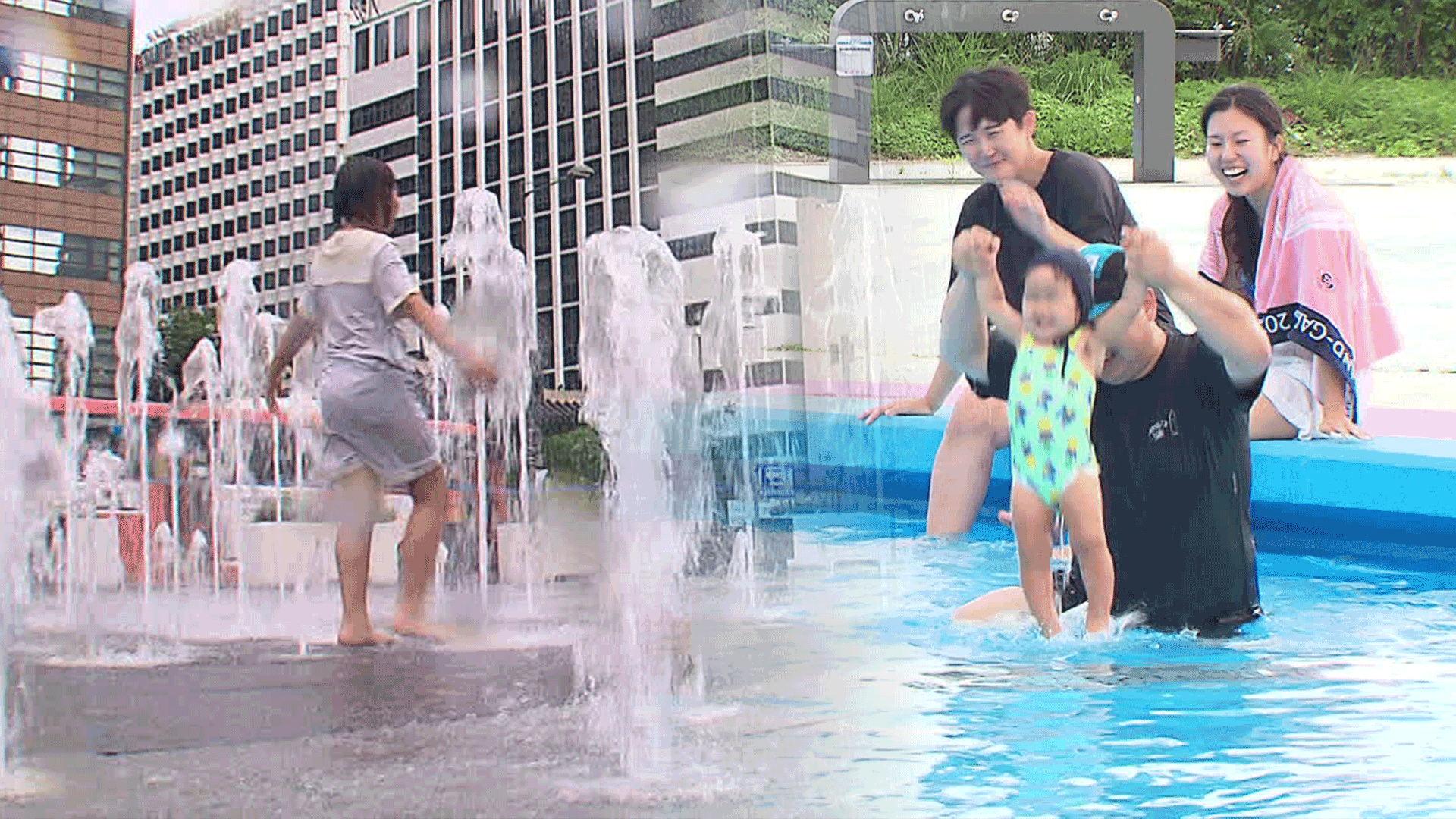
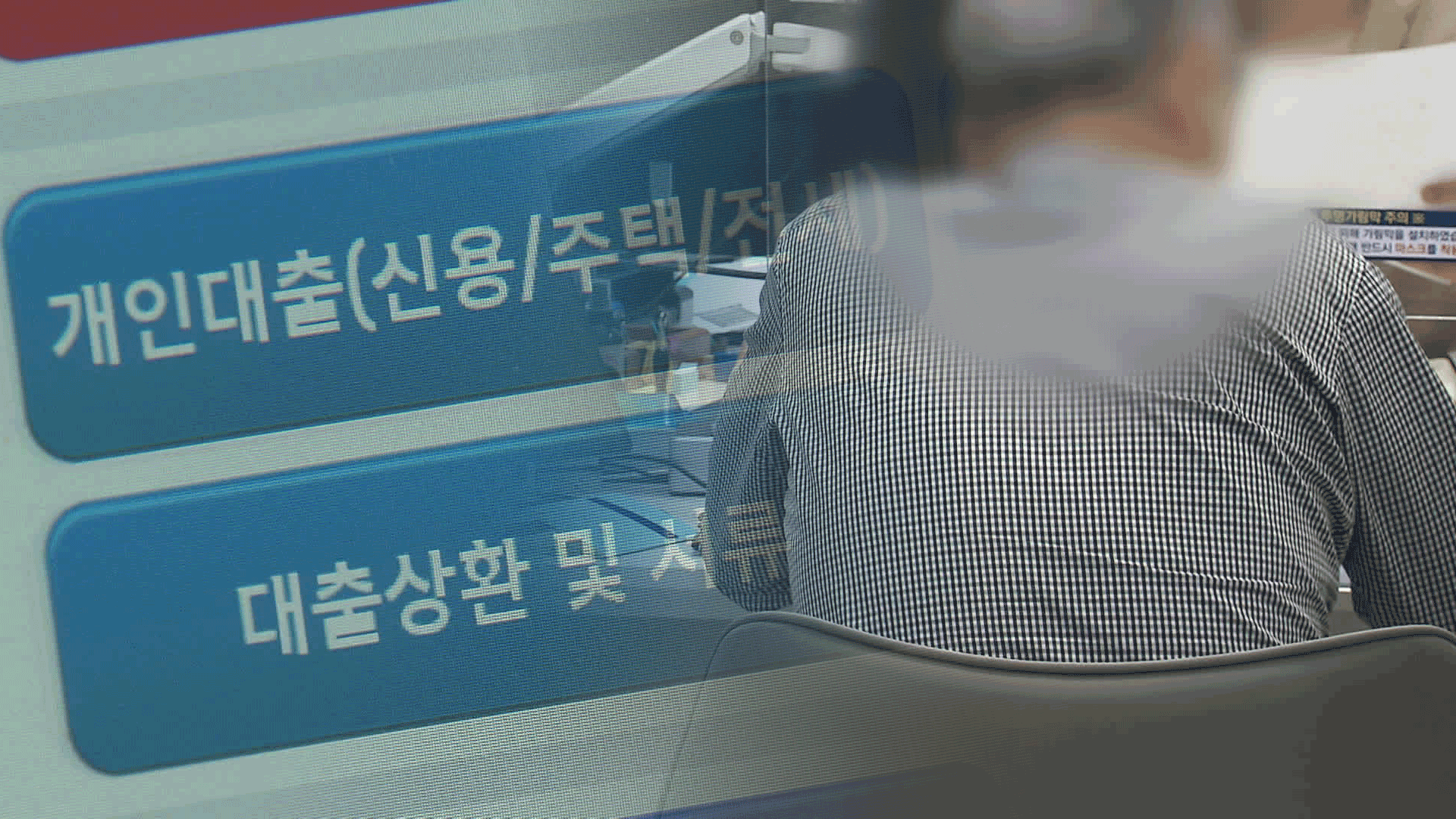
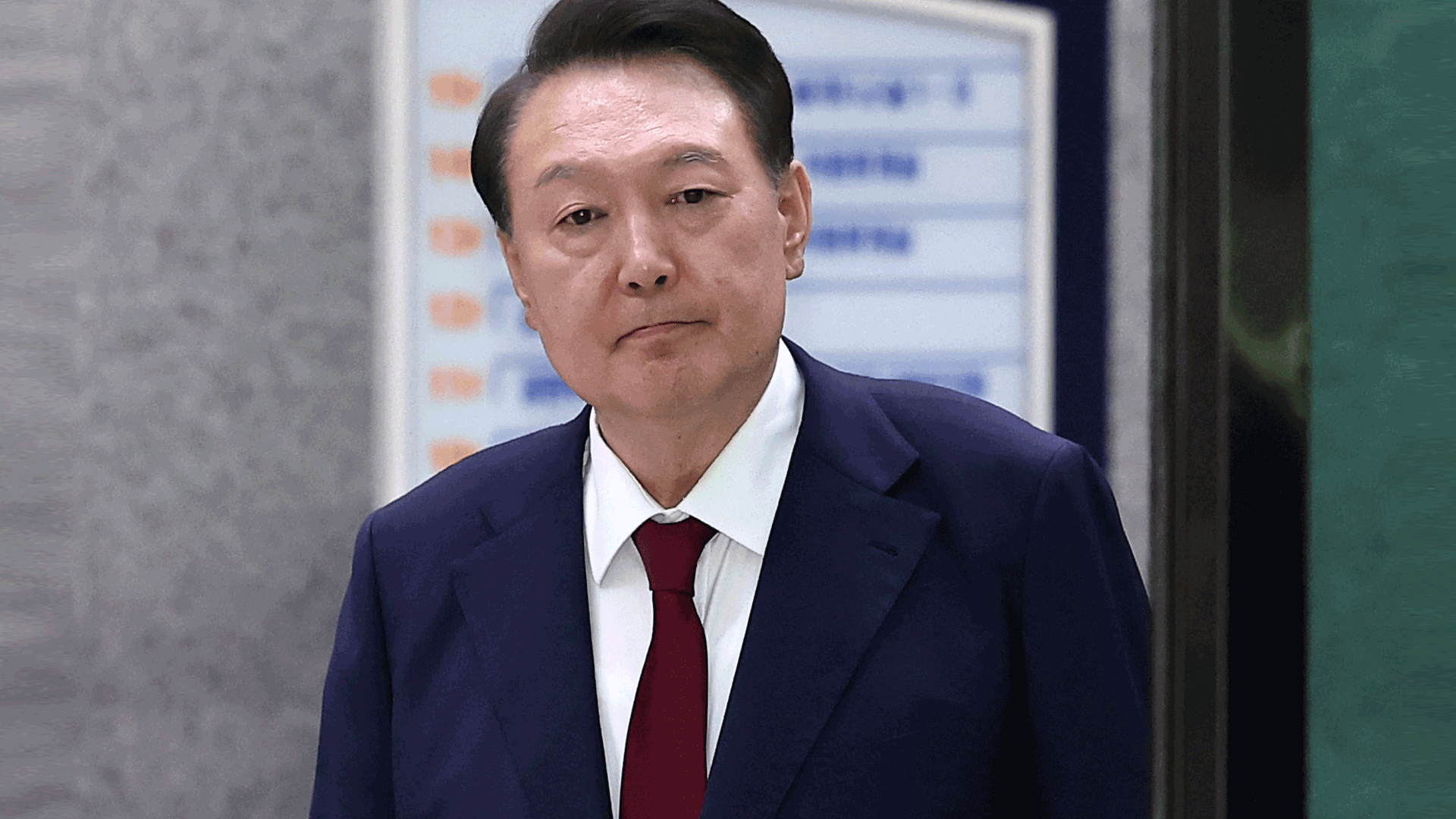
![[단독] 윤석열 정부, ‘대통령실 공사비 미지급’ 피소](/data/news/2025/06/30/20250630_8MRvHk.png)

이 기사에 대한 의견을 남겨주세요.